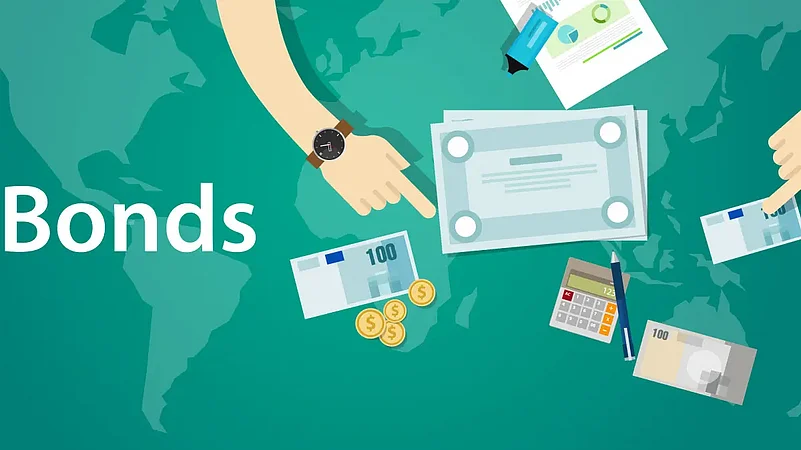The Indian government is set to foray into green bonds market soon. The plan regarding this was announced in February during the Union Budget presentation and the final framework regarding Sovereign Green Bonds (SGrB) was approved by Finance Minister Nirmala Sitharaman yesterday. These sovereign green bonds are aimed at significantly bringing down the carbon intensity of the economy.
The Framework for Sovereign Green Bonds was designed by the union government keeping in mind the existing global norms. According to this document, the issuance of SGrB will help the government tap into requisite finance for deployment in green projects in the public sector.
Green Bonds For Green Financing
With even developed nations struggling to achieve many of the Sustainable Development Goals (SDG) set out by the United Nations (UN), there has been an increasing need for external market borrowings to finance sustainable projects. This is where green bonds come in. Over the past few years, green bonds have witnessed increasing demand across the world.
According to a report prepared by Climate Bonds Initiative (CBI), till mid-June 2022 close to 25 countries had issued green bonds worth $227 billion. This includes developed economies as well as emerging economies. Singapore was the most recent country that issued green bonds. In its case, the placement order book had crossed $5.3 billion, which was 2.26 times the amount it had offered, signifying tremendous investor interest. The Indian government announced that, as part of its October-March FY23 borrowing programme, it would issue sovereign green bonds worth almost $2 billion.
As detailed in the approved framework, proceeds from green bonds would be used to finance and/or refinance green projects, which have been broadly classified under four types – projects that encourage energy efficiency, promotes climate resilience and adaption, reduces carbon imprint, and improves biodiversity in keeping with the SDGs. The expenditures would include government’s investments, subsidies, foregone taxes, and research and development costs. The framework highlights that equity is allowed only in the case of metro projects.
How To Ensure That Only 'Green' Projects Are Financed?
India's framework for SGrB adheres to the main recommendations of the International Capital Market Association's (ICMA's) Green Bond Principles (2021), which mandates that the issuer must clearly delineate the process to help investors and banks understand the nature of green bonds.
The framework also calls for a nodal body that would be responsible for overseeing the issuance of the green bonds. As such, the Green Finance Working Committee (GFWC) has been formed under the chairmanship of the chief economic adviser, V Anantha Nageswaran. This body would include officials from NITI Aayog, Ministry of Environment, and infrastructure and budget divisions of the Ministry of Finance.
The responsibilities of the GFWC would include selecting projects that pass the required criteria, reviewing the proceeds in a time-bound manner, finding suitable replacements in case a selected project is cancelled or postponed, preparing an annual report on how proceeds have been allocated, and assessing the carbon footprint of these projects.
India's Green Goals
In the ongoing United Nations Climate Change Conference (COP27), India has already sought clarifications on matters relating to climate finance, which is a bone of contention between developed and developing economies. As many developed countries struggle to achieve their climate goals, India seems to be on-track to achieve its climate goals.
The new foray into green bonds market can potentially add impetus to the country's climate action strategies. Having set a target of net-zero emissions by 2070 at the COP26 last year, India needs a regular flow of green financing to achieve its goals. The government will have its eyes on several of the top listed companies in the country to meet its sustainable financing targets.
As per norms set out by the Securities and Exchange Board of India (SEBI) in India, top companies are required to publish annual reports on their activities related to environment. Although many of them already invest in private green bonds, the government's SGrB will open up more green investment opportunities for them to include in their reports. The Indian government will be hoping that the SGrB will help further the collective fight against climate change, in addition to achieving the SDGs it has already committed itself to.































